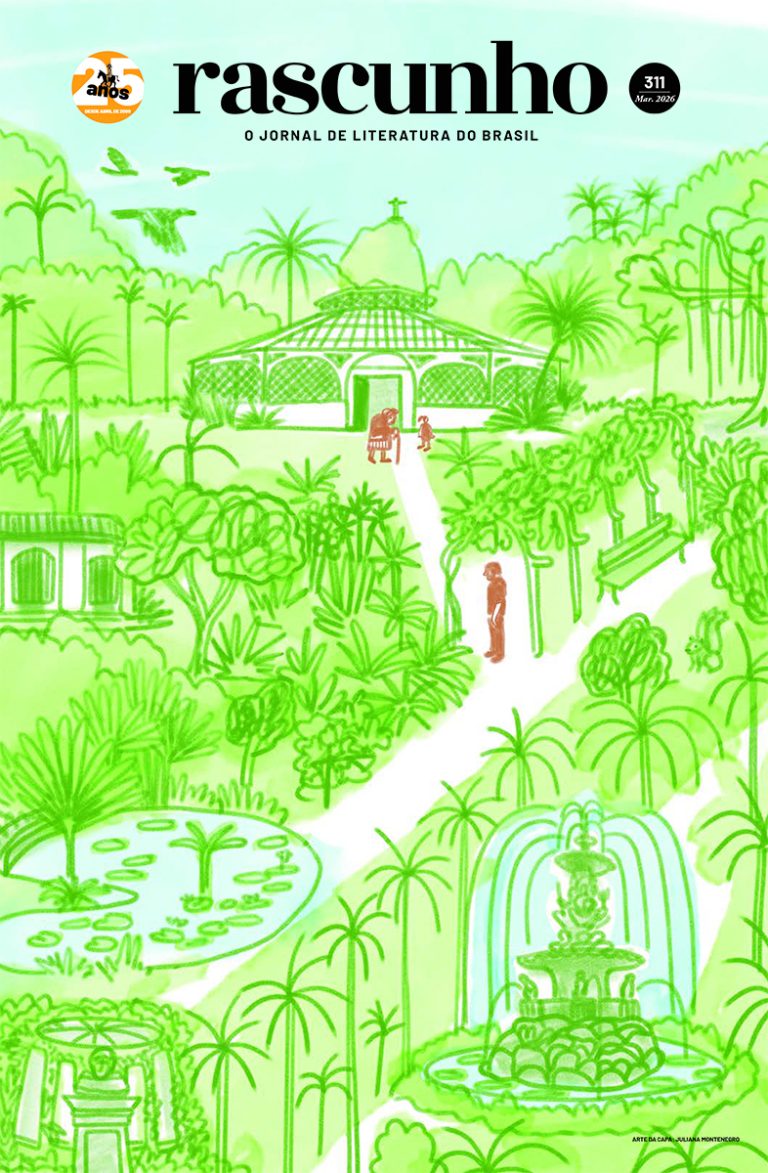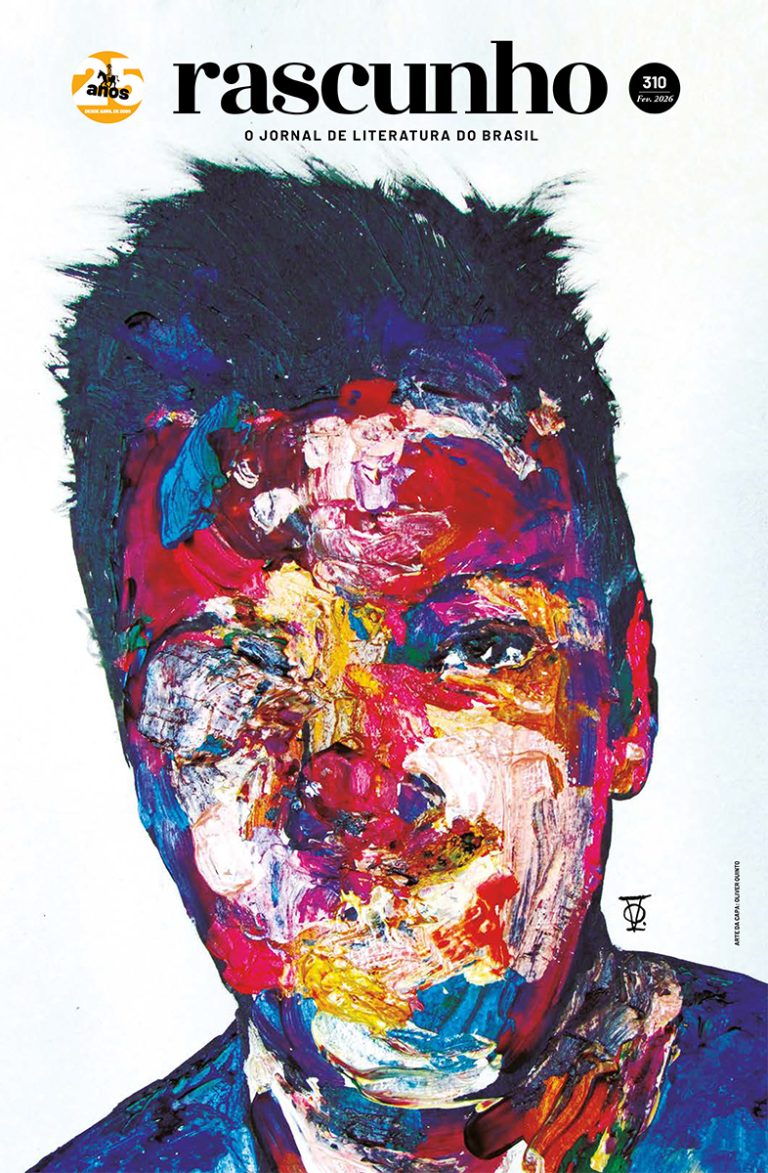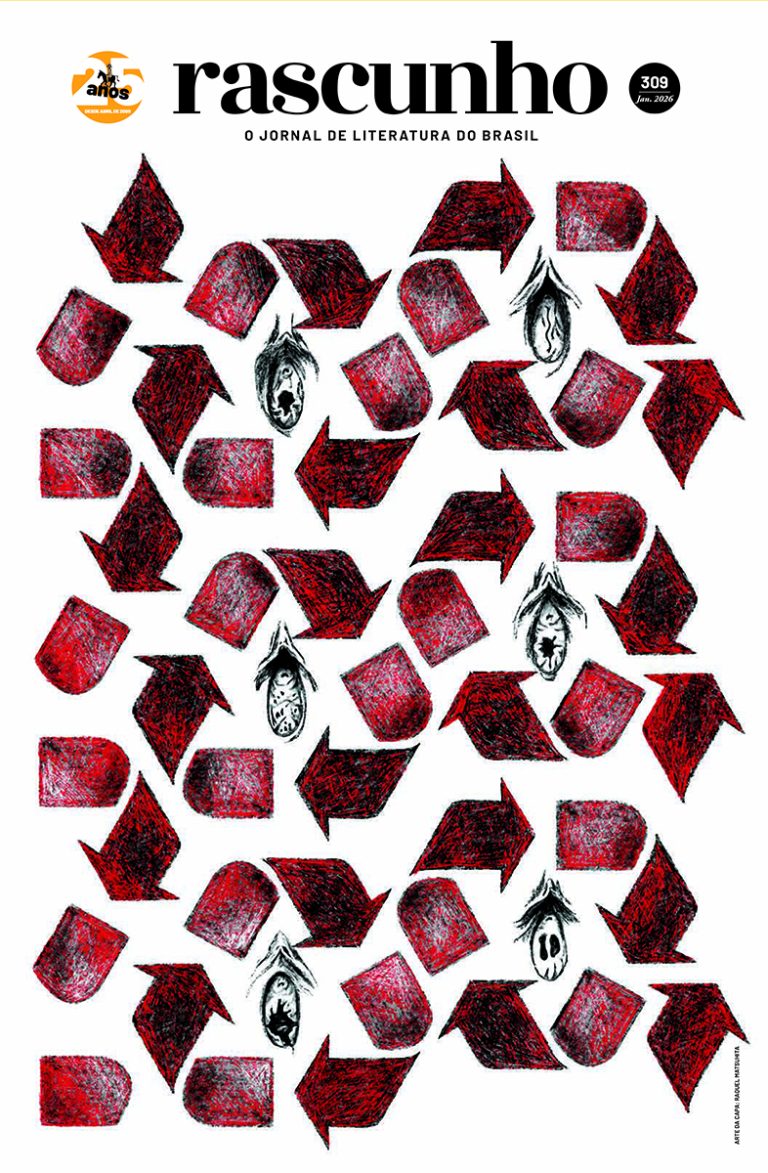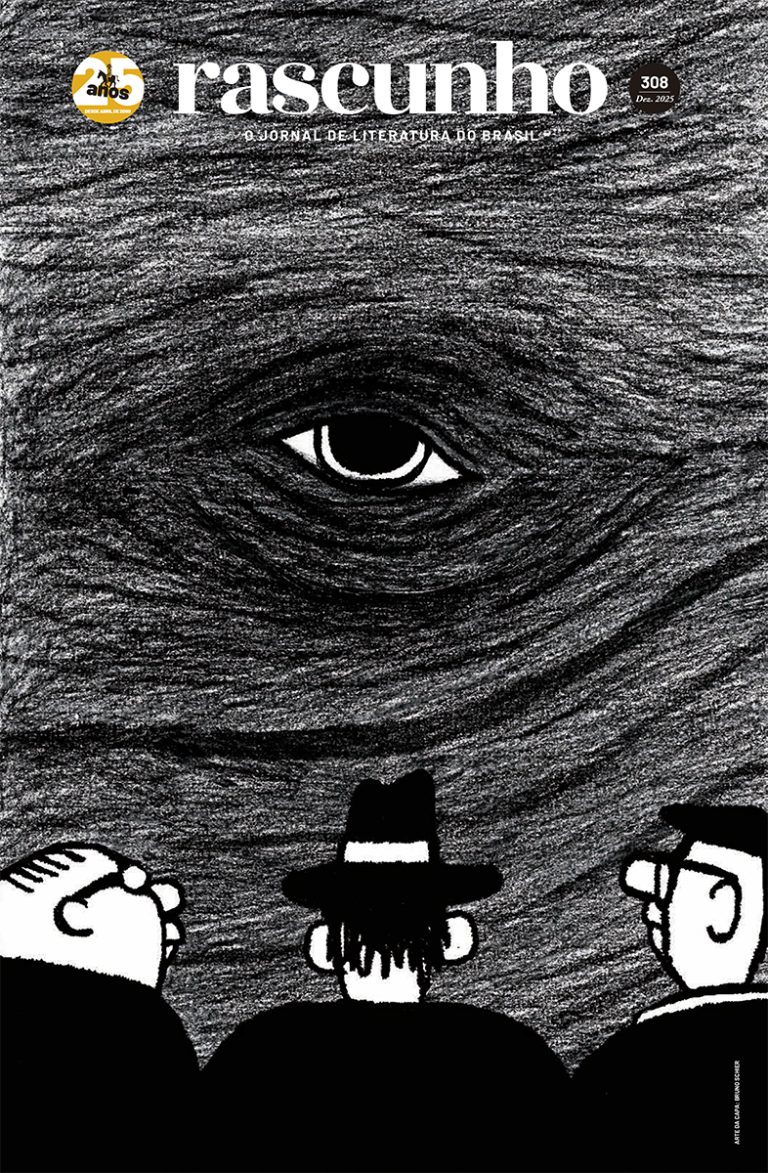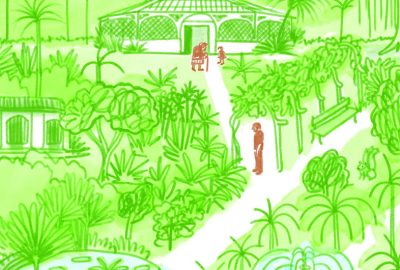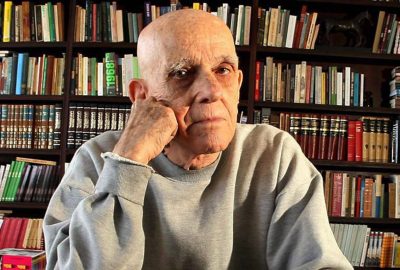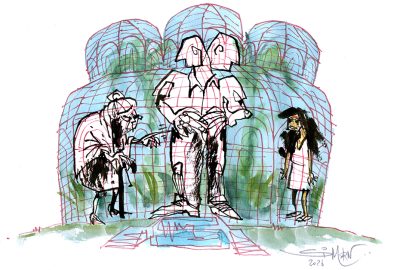Tradução e seleção: André Caramuru Aubert
The mild night
I have taken an armchair into the garden
to enjoy the quietness at the end of May.
This is the way the mild night begins.
I have turned off the only lamp in the kitchen,
blown out the candles and put them away.
I have taken an armchair into the garden.
The lights in the trees can barely be seen
as evening comes and the land falls away.
This is the way the mild night begins.
The road past the house is lit with whitethorn
and grey poplars shine just long enough to say
I have taken an armchair into the garden.
The light on the grass, the blackening sun,
the sunflowers, the sky, the open wind all say
This is the way the mild night begins.
I have forgotten all I have said of pain
to enjoy the quietness at the end of May.
I have taken an armchair into the garden.
This is the way the mild night begins.
A noite serena
Levei uma poltrona para o jardim
para aproveitar a calma do fim de maio.
É assim que a noite serena começa.
Apaguei a única lâmpada da cozinha,
apaguei as velas e as guardei.
Levei uma poltrona para o jardim.
A luz nas árvores mal se distinguia
enquanto a noite chega, a terra esvanece.
É assim que a noite serena começa.
A estrada além da casa está iluminada com espinheiros brancos
e choupos cinzentos brilham apenas o tempo de dizer
Levei uma poltrona para o jardim.
A luz na grama, o sol que escurece,
os girassóis, o céu, o vento aberto, todos dizem
É assim que a noite serena começa.
Esqueci tudo o que já disse sobre a dor
para aproveitar a calma do fim de maio.
Levei uma poltrona para o jardim.
É assim que a noite serena começa.
…
Fiction
None of this is true.
We’re still all
we crack ourselves
out to be.
Our hereafters
have not been laid
in a plot
with my loose ends.
You’re not miles away.
The slow numbers
were never
swayed alone to.
I don’t blame you,
smiling in the mirror
at a face
you’ve just made up.
Ficção
Nada disso é verdade.
Nós ainda somos tudo
que pretendemos
ser.
Nossos futuros
não foram traçados
em um enredo
com minhas pontas soltas.
Você não está a quilômetros de distância.
Os números lentos
Nunca foram
manipulados sozinhos.
Eu não te culpo,
sorrindo no espelho
para um rosto
que acabou de inventar.
…
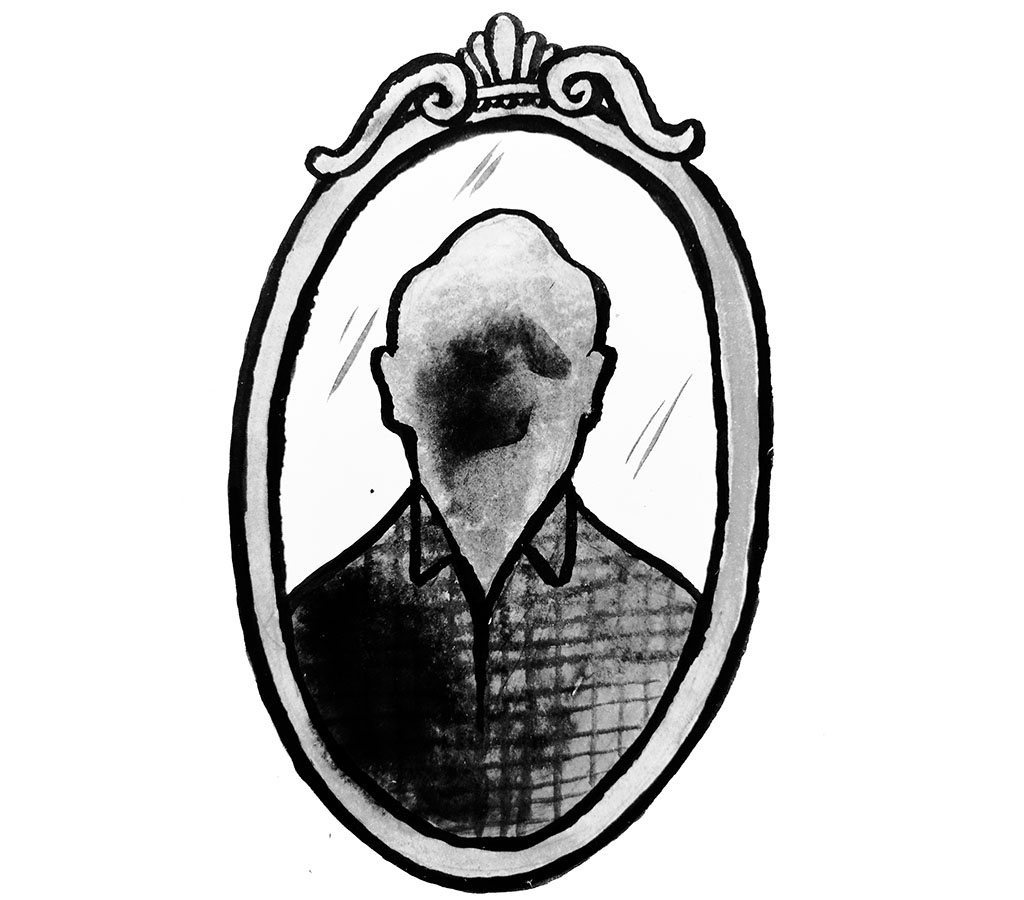
The woodcock
There are five sides to every story, I’m told.
So let me raise a glass and toast this much,
one last time. Let love come in from the cold,
even if love finds you in someone else’s crush
or someone else in yours that’s grown too long.
Let us greet the leaf, the blossom and the bole.
Let us praise, together, the harbingers of spring
in your step and your girlish way on the mobile.
A galinhola
Toda história tem cinco lados, dizem.
Então deixe-me erguer uma taça e brindar a isso,
uma última vez. Deixe que o amor entre, do frio,
mesmo que o amor te encontre na paixão de outra pessoa
ou outra pessoa na sua, que cresceu demais.
Saudemos a folha, a flor e o tronco.
Louvemos, juntos, os arautos da primavera
em seu passo e seu jeito de menina ao celular.
…
September
It must be a cliché to think, however brief,
that light on a wall and our voices
out in the open are the pieces
we shall look upon in retrospect as a life.
There is a danger of circumstance smothering
even the smallest talk. If a breeze
shakes another colour from the trees
we say a word like withering
without the slightest hint of irony.
After a season of fruitful conversation
and reflective pauses in the garden
we say we know what it means to be lonely.
Today the first moment of autumn tolls
like a refrain from the nineteen thirties.
The voices of friends and courtesies
are interrupted by thunder and the radio crackles.
We shall remember it as the impending doom
and use this afternoon as an example of decay
when there is nothing left for us to say
and September has outstayed its welcome.
Today our clothes will be spoiled by rain.
We shall drag from the lawn the chairs and table
that all summer made us comfortable.
Though all of that remains to be seen.
Setembro
Deve ser clichê pensar, ainda que brevemente,
que a luz na parede e nossas vozes
a céu aberto são os pedaços
que entenderemos, em retrospecto, como uma vida.
Há o perigo de as circunstâncias sufocarem
até mesmo a menor conversa. Se uma brisa
sacode outra cor das árvores
dizemos algo como murchar
sem a menor ponta de ironia.
Após uma temporada de conversas frutíferas
e pausas contemplativas no jardim
dizemos saber o significado de estar só.
Hoje, o momento inicial do outono soa
como um refrão dos anos trinta.
As vozes dos amigos e as boas maneiras
são interrompidas por trovões e estática no rádio.
Lembraremos disso como a desgraça iminente
e usaremos esta tarde como exemplo de declínio
quando não houver mais o que dizer
e setembro deixar de ser bem-vindo.
Hoje, nossas roupas serão arruinadas pela chuva.
Teremos que recolher do quintal as cadeiras e a mesa
que durante o verão nos deram conforto.
Embora isso ainda seja incerto.
…
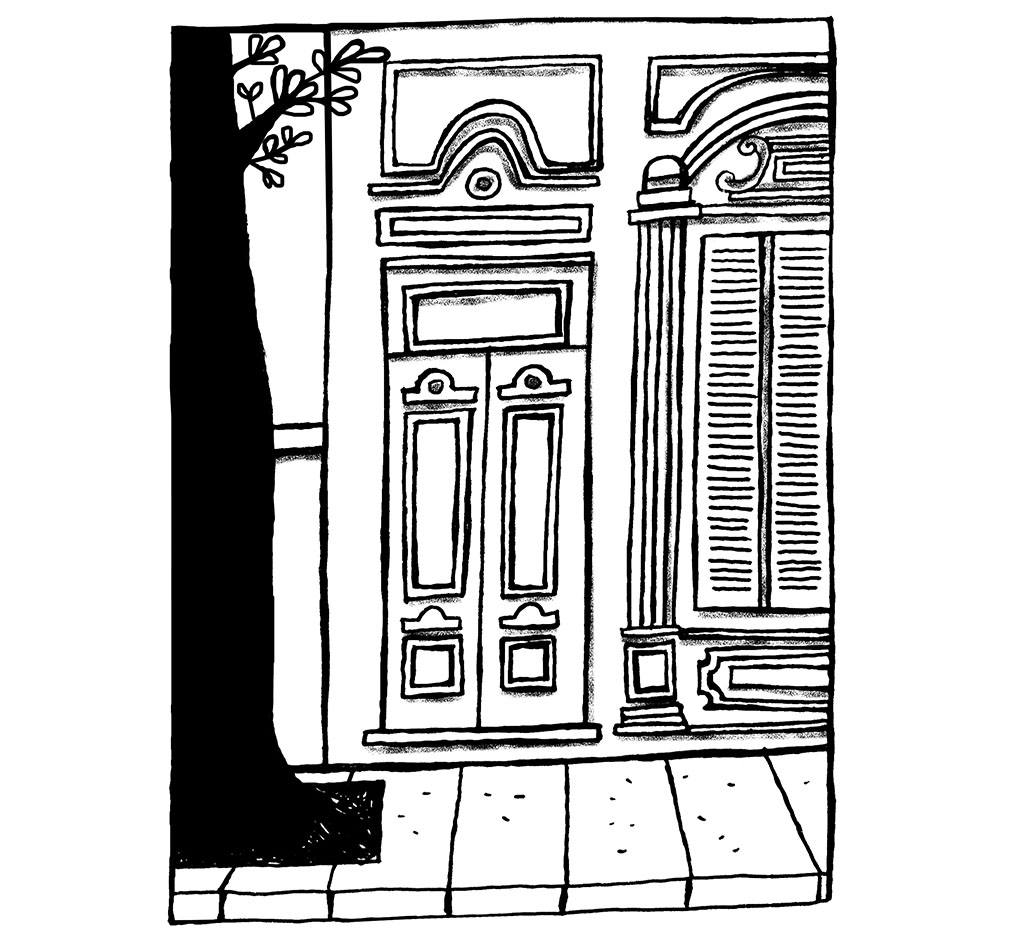
Mengele’s house
It was considered
the finest in its street
on the outskirts of Buenos Aires.
Splashing and screams were heard
during the long July heat
in adjacent gardens.
Nobody has lived there
since the last family fled.
Now and then a researcher comes,
or a would-be buyer
armed with rosary beads
noses around the bedrooms.
Since all the glass
was kicked from a window
by legless students,
the lambency of trees
is free to come and go
in the gutted kitchen.
Out the back are piles
of twigs and compost,
a seventies lawnmower
and aquamarine tiles,
exactly as they were left
by the last owner,
who talked about himself a lot,
chatting across the fence,
but never had the neighbours
past his gate,
and never even once
darkened their doors.
In the neighbourhood
he’s remembered still.
He was the old misery
who had strange kids,
a swimming pool,
and a history.
A casa de Mengele
Era considerada
a mais elegante da rua
nos arrabaldes de Buenos Aires.
Mergulhos e gritos eram ouvidos
durante o interminável calor de julho
nos jardins da vizinhança.
Ninguém mora lá
desde que a última família se foi.
De vez em quando, um pesquisador vem,
ou um possível comprador
armado com contas de rosário
a espreitar os aposentos.
Como o vidro
de uma janela foi estourado
por estudantes bêbados,
o brilho suave das árvores
ficou livre para ir e vir
na cozinha destruída.
Nos fundos, há pilhas
de galhos e adubo,
um cortador de grama dos anos setenta
e ladrilhos azul-marinho,
exatamente como foram deixados
pelo último dono,
que falava muito sobre si mesmo,
conversando do outro lado da cerca,
mas nunca convidou os vizinhos
a cruzarem o portão,
e nunca, nem uma vez
se intrometeu nas casas deles.
Na vizinhança,
ele ainda é lembrado.
Era o velho miserável
que tinha crianças estranhas,
uma piscina,
e uma história.




